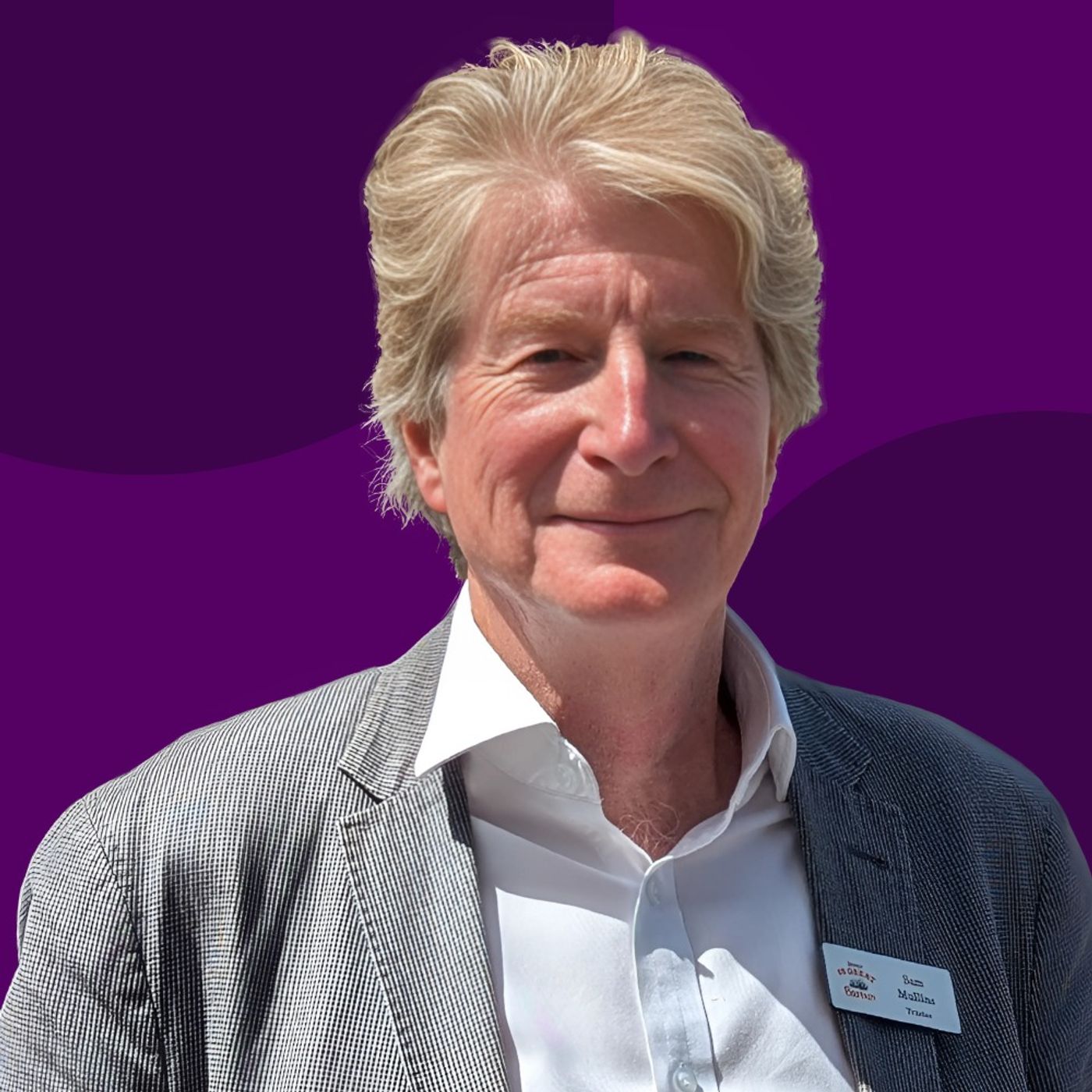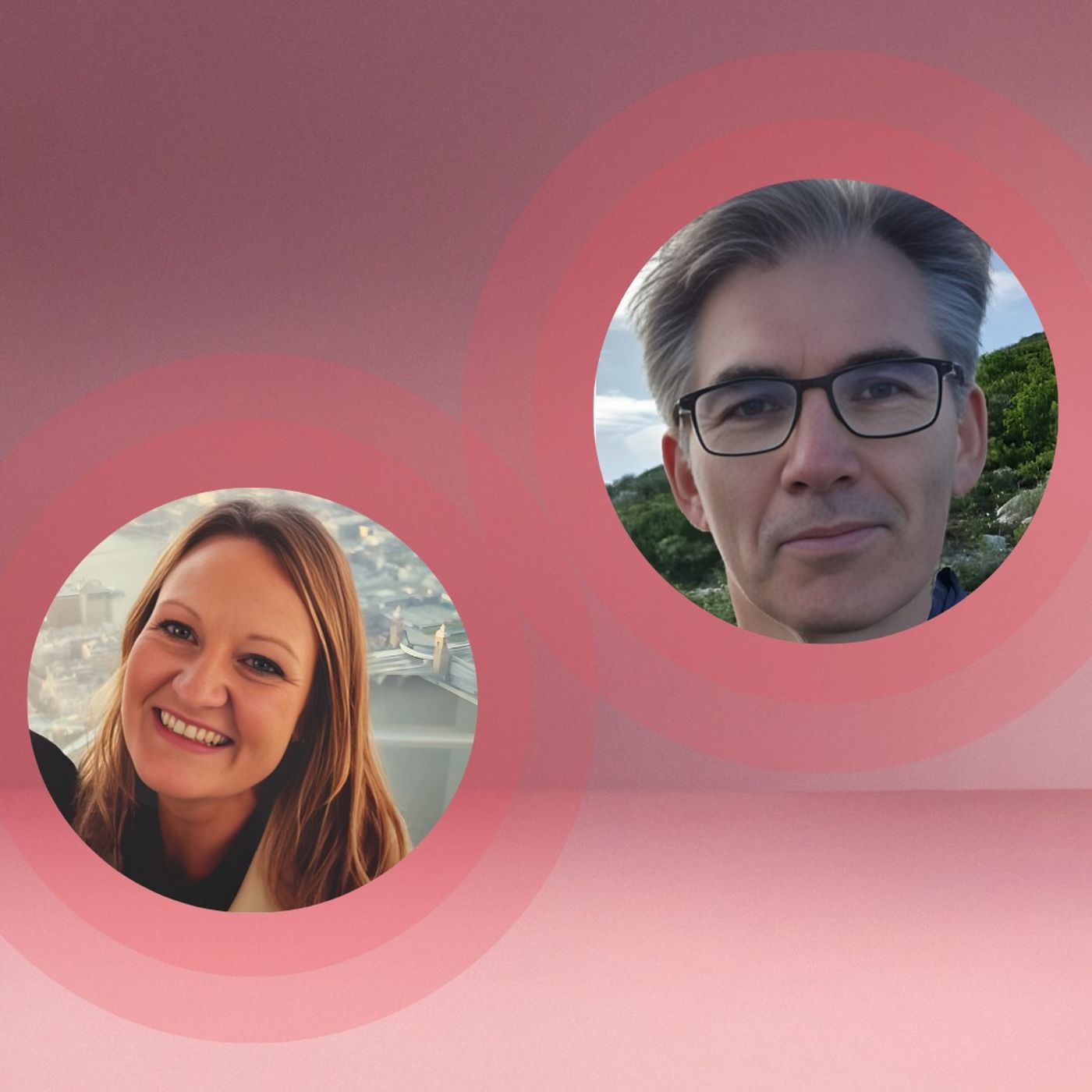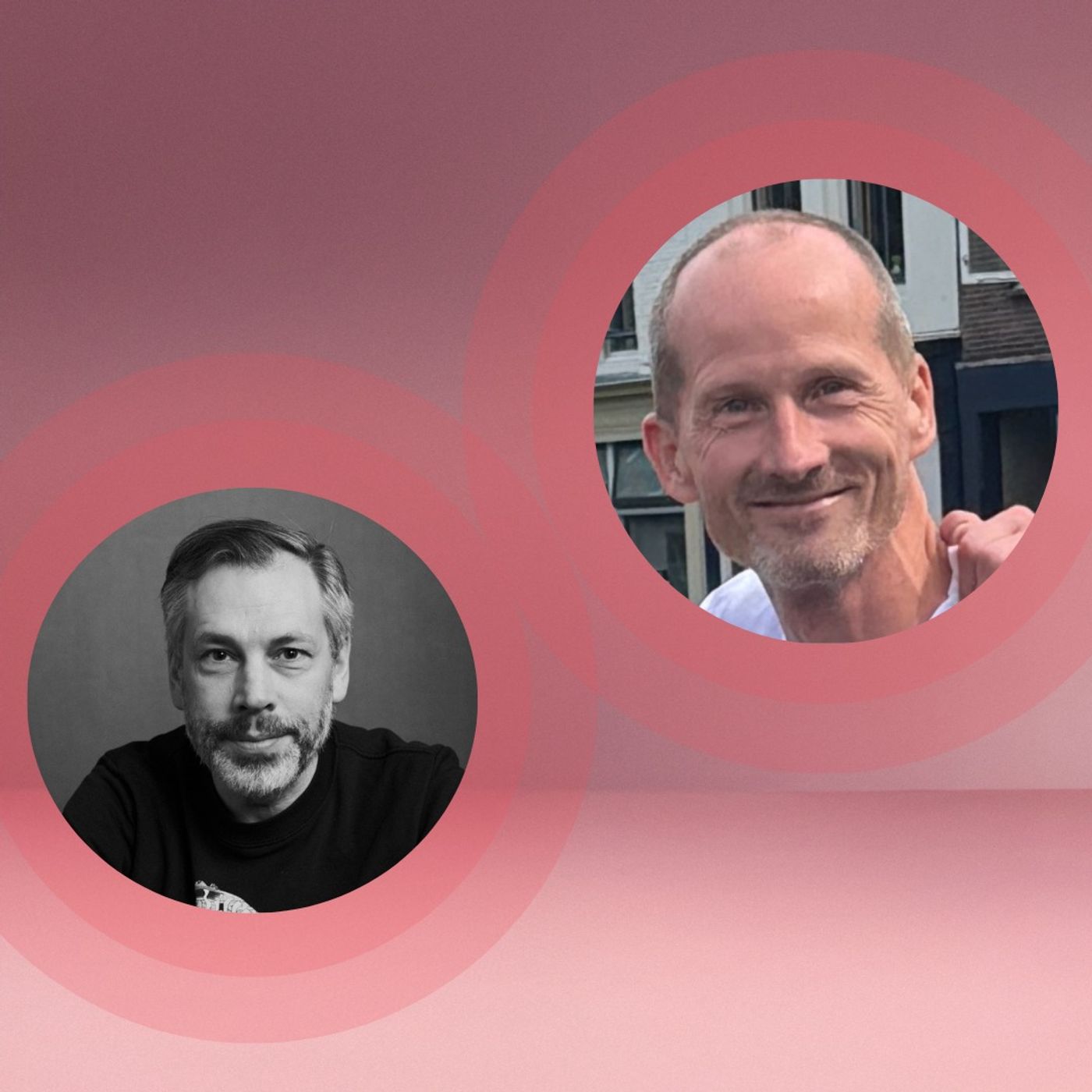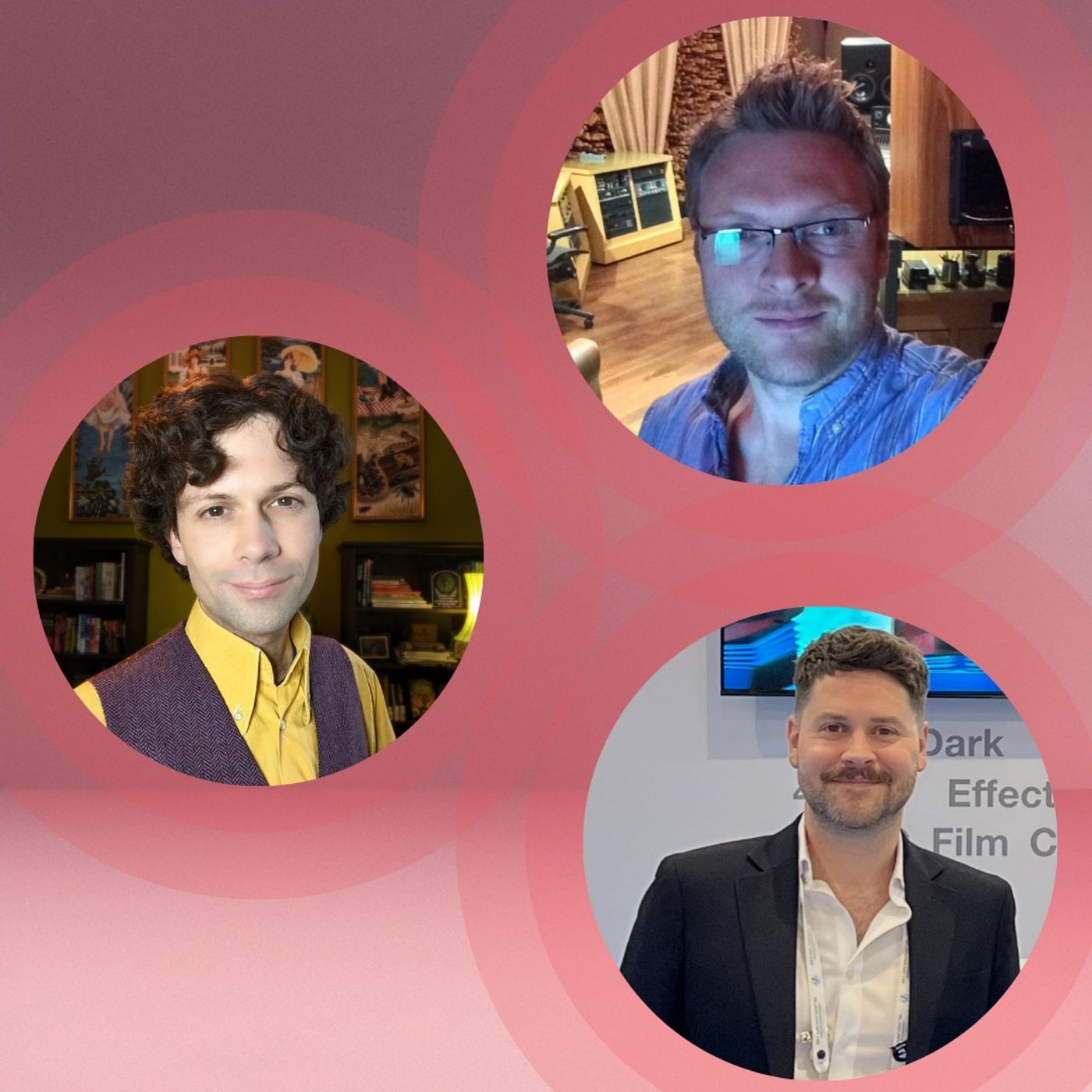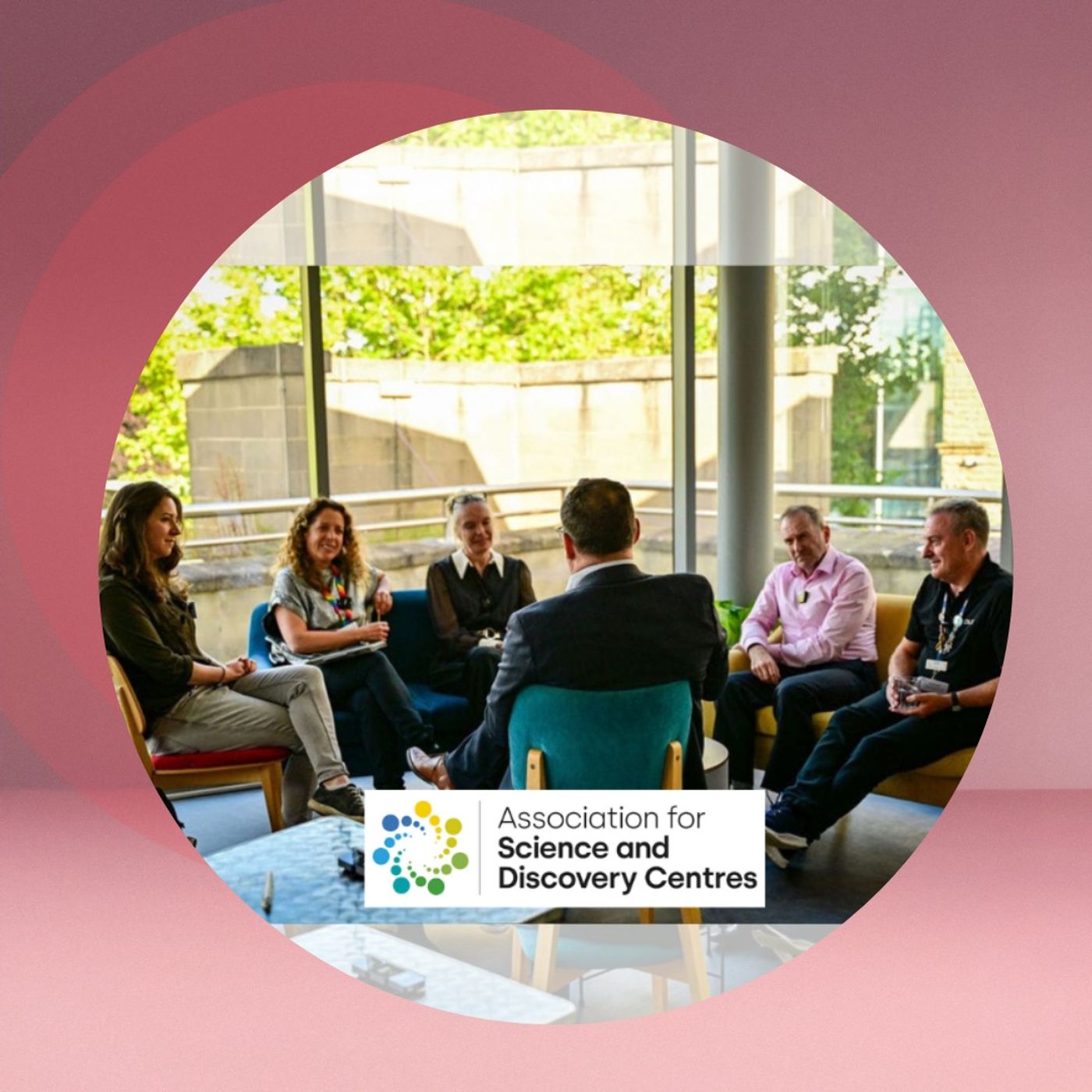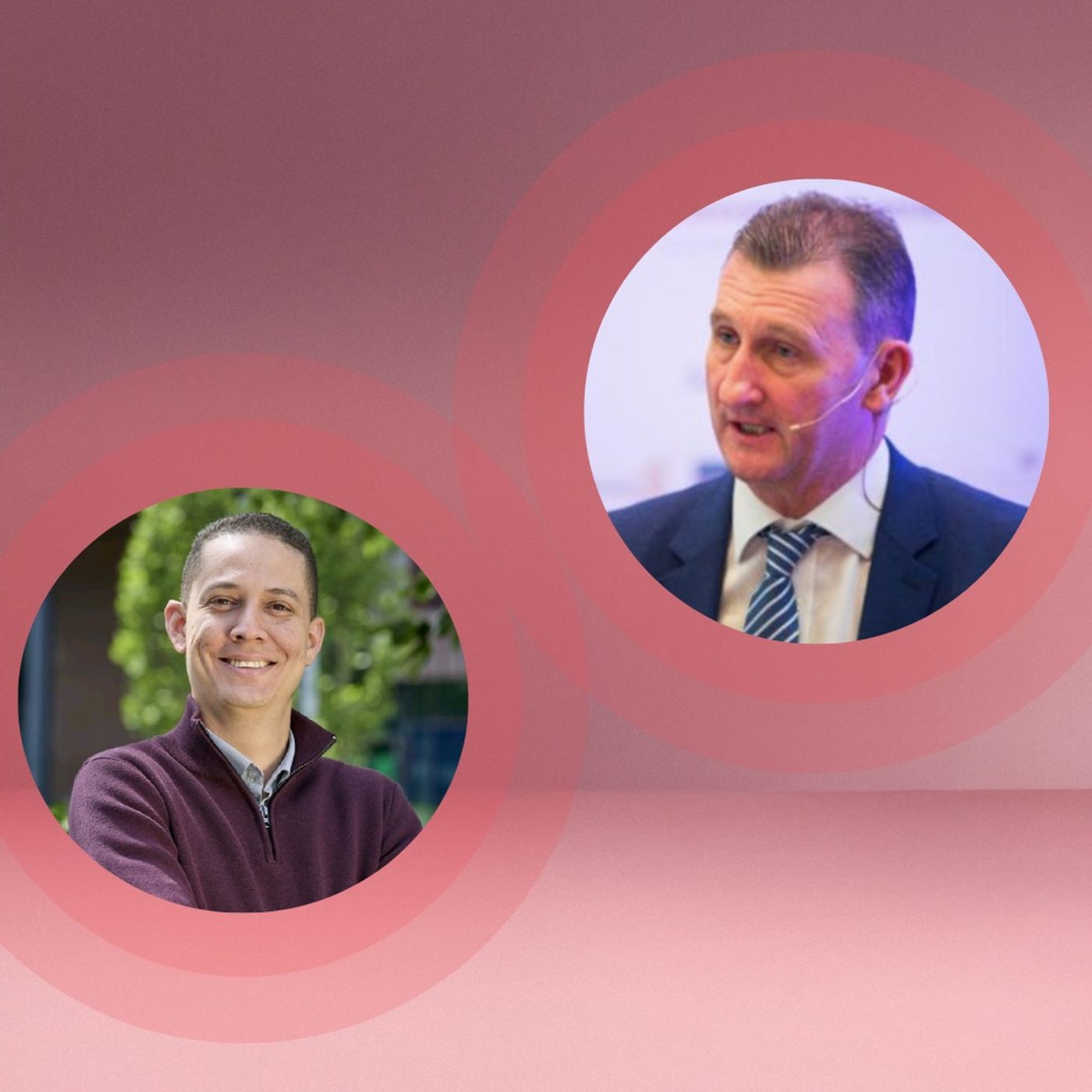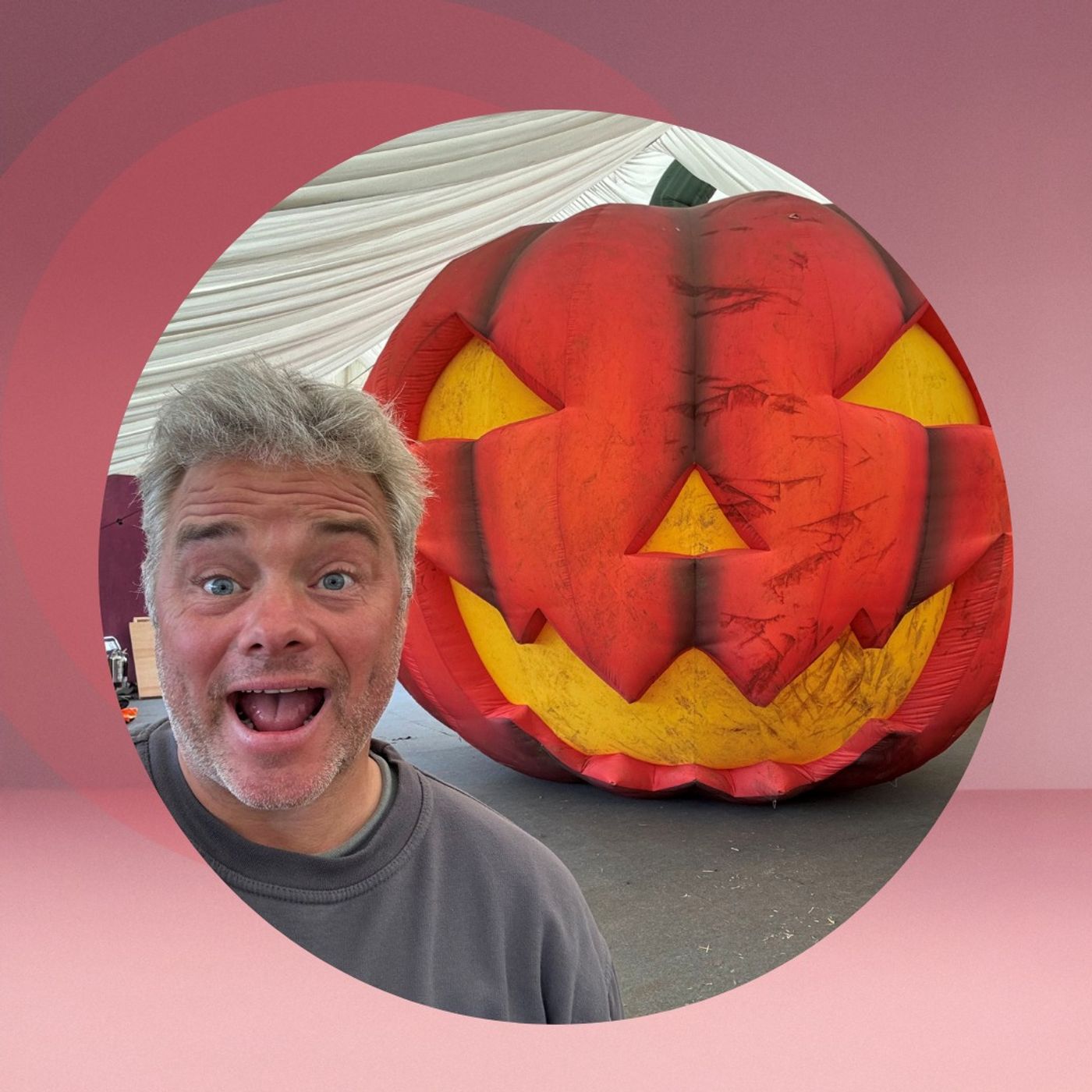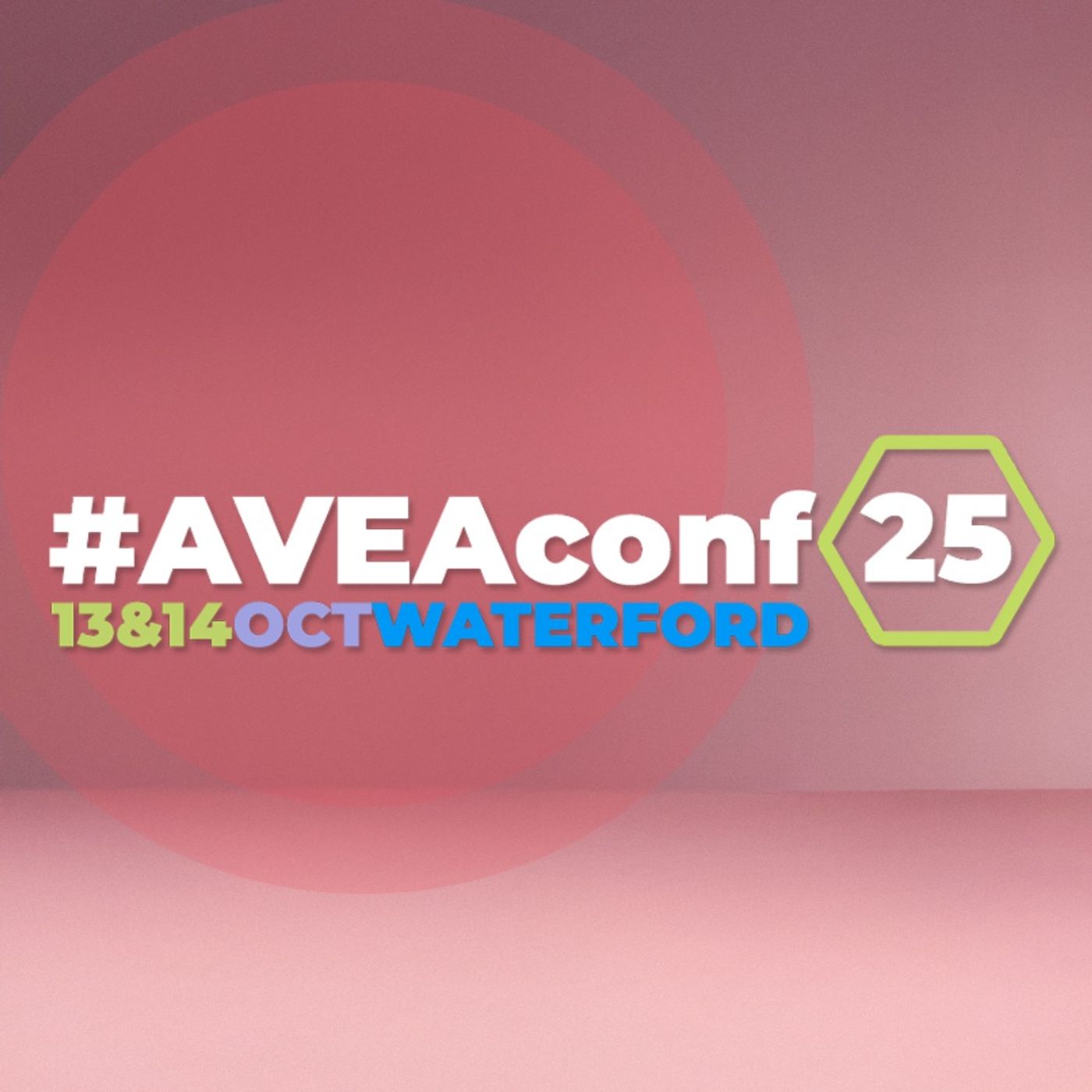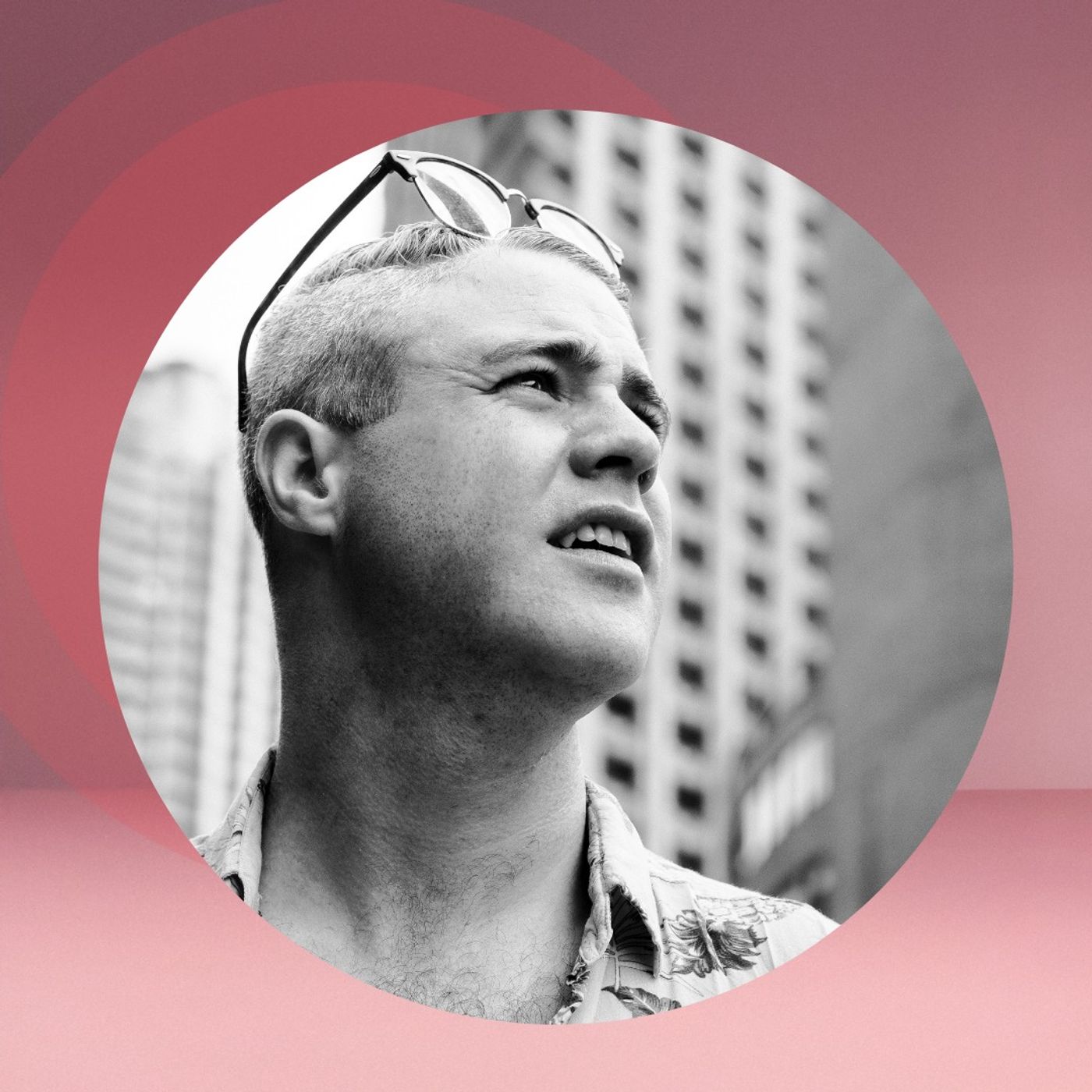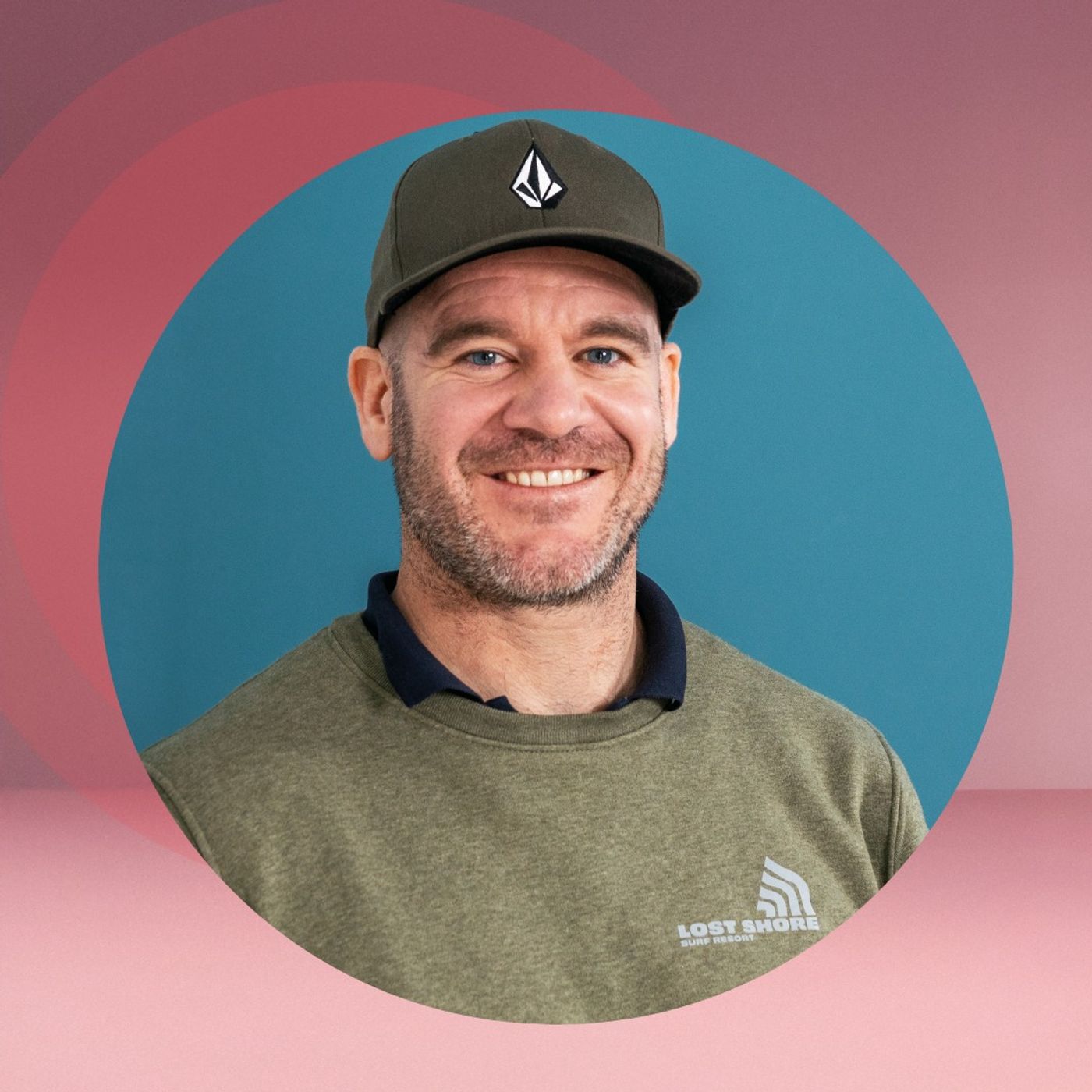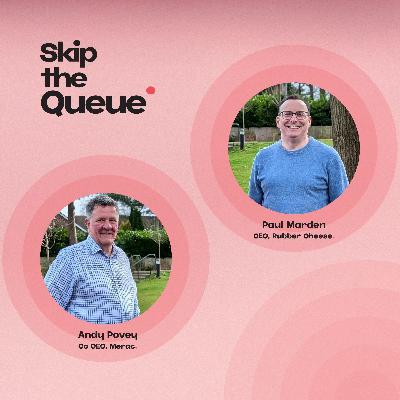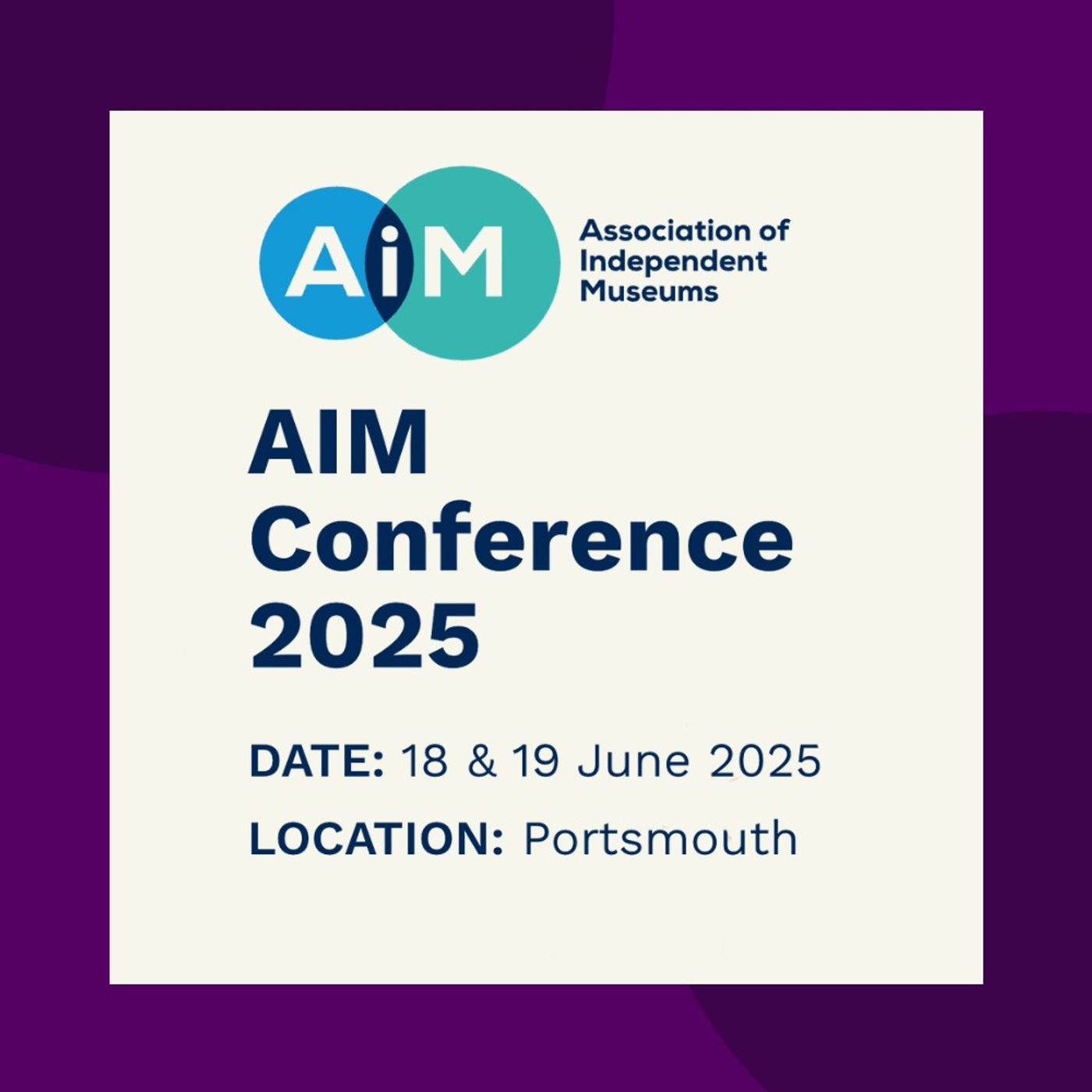It's not pipes and slippers
Description
Skip the Queue is brought to you by Rubber Cheese, a digital agency that builds remarkable systems and websites for attractions that helps them increase their visitor numbers. Your host is Paul Marden.
If you like what you hear, you can subscribe on iTunes, Spotify, and all the usual channels by searching Skip the Queue or visit our website SkiptheQueue.fm.
If you've enjoyed this podcast, please leave us a five star review, it really helps others find us. And remember to follow us on Twitter or Bluesky for your chance to win the books that have been mentioned in this podcast.
Competition ends on 23rd July 2025. The winner will be contacted via Bluesky.
Show references:
Sam Mullins, Trustee at SS Great Britain
Transcriptions:
Paul Marden: What an amazing day out here. Welcome to Skip the Queue. The podcast for people working in and working with visitor attractions, I'm your host, Paul Marden, and today you join me for the last episode of the season here in a very sunny and very pleasant Bristol Dockyard.
I'm here to visit the SS Great Britain and one of their trustees, Sam Mullins, who until recently, was the CEO of London Transport Museum. And I'm going to be talking to Sam about life after running a big, family friendly Museum in the centre of London, and what comes next, and I'm promising you it's not pipes and the slippers for Sam, he's been very busy with the SSGreat Britain and with other projects that we'll talk a little more about. But for now, I'm going to enjoy poodling across the harbour on boat number five awaiting arrival over at the SS Great Britain.
Paul Marden: Is there much to catch in the water here?
Sam Mullins: According to some research, there's about 36 different species of fish. They catch a lot of cream. They catch Roach, bullet, bass car. Big carpet there, maybe, yeah, huge carpet there. And then your European great eel is here as well, right? Yeah, massive things by the size of your leg, big heads. It's amazing. It goes to show how receipt your life is. The quality of the water is a lot better now.
Paul Marden: Oh yeah, yeah, it's better than it used to be years ago. Thank you very much. All right. Cheers. Have a good day. See you later on. So without further ado, let's head inside. So where should we head? Too fast.
Sam Mullins: So we start with the stern of the ship, which is the kind of classic entrance view, you know. Yeah, coming up, I do. I love the shape of this ship as you as you'll see.
Paul Marden: So lovely being able to come across the water on the boat and then have this as you're welcome. It's quite a.
Sam Mullins: It's a great spot. Isn't it?
Paul Marden: Really impactful, isn't it?
Sam Mullins: Because the amazing thing is that it's going this way, is actually in the dry dock, which was built to build it.
Paul Marden: That's amazing.
Sam Mullins: So it came home. It was clearly meant to be, you know,
Paul Marden: Quite the circular story.
Sam Mullins: Yeah, yeah. Thank you.
Paul Marden: Thank you. Wow. Look at that view.
Sam Mullins: So that's your classic view.
Paul Marden: So she's in a dry dock, but there's a little bit of water in there, just to give us an idea of what's going on.
Sam Mullins: Well, what's actually going on in here is, preserving the world's first iron ship. So it became clear, after he'd come back from the Falklands, 1970 came back to Bristol, it became clear that the material of the ship was rusting away. And if something wasn't done, there'd be nothing left, nothing left to show. So the innovative solution is based on a little bit of science if you can reduce the relative humidity of the air around the cast iron hull of the ship to around about 20% relative humidity, corrosion stops. Rusting stops. It's in a dry dock. You glaze over the dock at kind of water line, which, as you just noticed, it gives it a really nice setting. It looks like it's floating, yeah, it also it means that you can then control the air underneath. You dry it out, you dehumidify it. Big plant that dries out the air. You keep it at 20% and you keep the ship intact.
Paul Marden: It's interesting, isn't it, because you go to Mary Rose, and you go into the ship Hall, and you've got this hermetically sealed environment that you can maintain all of these beautiful Tudor wooden pieces we're outside on a baking hot day. You don't have the benefit of a hermetically sealed building, do you to keep this?
Sam Mullins: I guess the outside of the ship is kind of sealed by the paint. That stops the air getting to the bit to the bare metal. We can go down into the trigger, down whilst rise up.
Paul Marden: We're wondering. Sam, yeah, why don't you introduce yourself, tell listeners a little bit about your background. How have we ended up having this conversation today.
Sam Mullins: I'm Sam Mullins. I'm a historian. I decided early on that I wanted to be a historian that worked in museums and had an opportunity to kind of share my fascination with the past with museum visitors. So I worked in much Wenlock in Shropshire. I worked created a new museum in market Harbour, a community museum in Leicestershire. I was director of museums in St Albans, based on, you know, great Roman Museum at Verulamium, okay. And ended up at London Transport Museum in the 90s, and was directed there for a long time.
Paul Marden: Indeed, indeed. Oh, we are inside now and heading underground.
Sam Mullins: And you can hear the thrumming in the background. Is the dehumidification going on. Wow. So we're descending into thevery dry dock.
Paul Marden: So we're now under water level. Yes, and the view of the ceiling with the glass roof, which above looked like a lovely little pond, it's just beautiful, isn't it?
Sam Mullins: Yes, good. It sets it off both in both directions, really nicely.
Paul Marden: So you've transitioned now, you've moved on from the Transport Museum. And I thought that today's episode, we could focus a little bit on what is, what's life like when you've moved on from being the director of a big, famous, influential, family friendly Museum. What comes next? Is it pipe and slippers, or are there lots of things to do? And I think it's the latter, isn't it?
Sam Mullins: Yes. Well, you know, I think people retire either, you know, do nothing and play golf, or they build, you know, an interesting portfolio. I wanted to build, you know, something a bit more interesting. And, you know, Paul, there's that kind of strange feeling when you get to retire. And I was retiring from full time executive work, you kind of feel at that point that you've just cracked the job. And at that point, you know, someone gives you, you know, gives you a card and says, "Thank you very much, you've done a lovely job." Kind of, "Off you go." So having the opportunity to deploy some of that long term experience of running a successful Museum in Covent Garden for other organisations was part of that process of transition. I've been writing a book about which I'm sure we'll talk as well that's been kind of full on this year, but I was a trustee here for a number of years before I retired. I think it's really good career development for people to serve on a board to see what it's like, you know, the other side of the board.
Paul Marden: I think we'll come back to that in a minute and talk a little bit about how the sausage is made. Yeah, we have to do some icebreaker questions, because I probably get you already. You're ready to start talking, but I'm gonna, I'm just gonna loosen you up a little bit, a couple of easy ones. You're sat in front of the telly, comedy or drama?
Sam Mullins: It depends. Probably.
Paul Marden: It's not a valid answer.
Sam Mullins: Probably, probably drama.
Paul Marden: Okay, if you need to talk to somebody, is it a phone call or is it a text message that you'll send?
Sam Mullins: Face to face? Okay, much better. Okay, always better.
Paul Marden: Well done. You didn't accept the premise of the question there, did you? Lastly, if you're going to enter a room, would you prefer to have a personal theme tune played every time you enter the room. Or would you like a personal mascot to arrive fully suited behind you in every location you go to?
Sam Mullins: I don't know what the second one means, so I go for the first one.
Paul Marden: You've not seen a football mascot on watching American football or baseball?
Sam Mul

